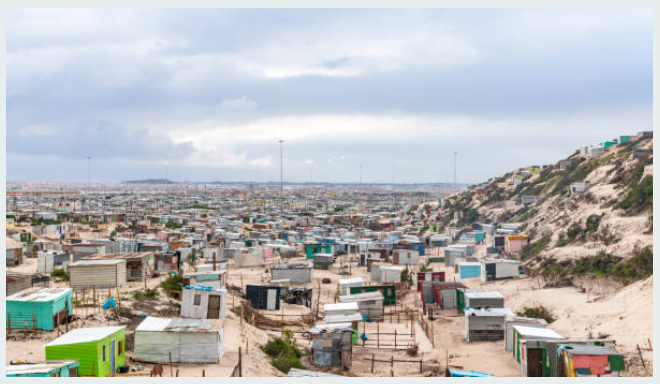
How can Ghana reduce poverty in Accra? Reducing poverty in Ghana requires a comprehensive approach involving various stakeholders, including the government, civil society organizations, and the private sector. What can Ghana do to reduce poverty in Accra? Here are some 9 strategies that Ghanaians can employ to address poverty in Accra:
Poverty
1) Promote inclusive economic growth: Encouraging sustainable and inclusive economic growth is crucial. This can be achieved by promoting investment in key sectors, supporting entrepreneurship and small businesses, and creating employment opportunities. 2) Enhance access to quality education: Improving access to quality education is essential for breaking the cycle of poverty. This includes ensuring that schools are accessible, providing scholarships and financial aid to disadvantaged students, and improving the quality of teaching and learning. 3) Strengthen social safety nets: Implementing effective social safety nets can help protect the most vulnerable populations. Programs such as cash transfers, subsidized healthcare, and food assistance can provide immediate relief and support to those living in poverty. 4) Improve agricultural productivity: Agriculture plays a significant role in Ghana's economy, and enhancing agricultural productivity can contribute to poverty reduction. Supporting smallholder farmers with access to credit, modern farming techniques, and markets can increase their incomes and improve food security. 5) Enhance infrastructure and basic services: Investing in infrastructure development, including roads, water supply, sanitation, and electricity, is crucial for improving living conditions and economic opportunities. Access to basic services is essential for poverty reduction. 6) Encourage financial inclusion: Expanding access to financial services, such as microfinance and savings accounts, can help individuals and small businesses access capital, manage risks, and build assets. 7) Foster good governance and reduce corruption: Promoting transparency, accountability, and good governance is crucial for effective poverty reduction. It involves combating corruption, ensuring fair and equitable distribution of resources, and creating an enabling environment for economic growth. 8) Empower women and girls: Gender equality is a vital component of poverty reduction. Ensuring equal access to education, healthcare, and economic opportunities for women and girls can have a transformative impact on poverty levels. 9) Strengthen collaboration and partnerships: Collaboration among various stakeholders, including government agencies, civil society organizations, and the private sector, is essential for effective poverty reduction. Building partnerships and coordinating efforts can maximize resources and promote sustainable development.
People
Do you think Ghana can use the above strategies to reduce poverty in Accra? It’s important to note that these strategies need to be tailored to the specific context of Ghana and continuously monitored and evaluated to ensure their effectiveness.
